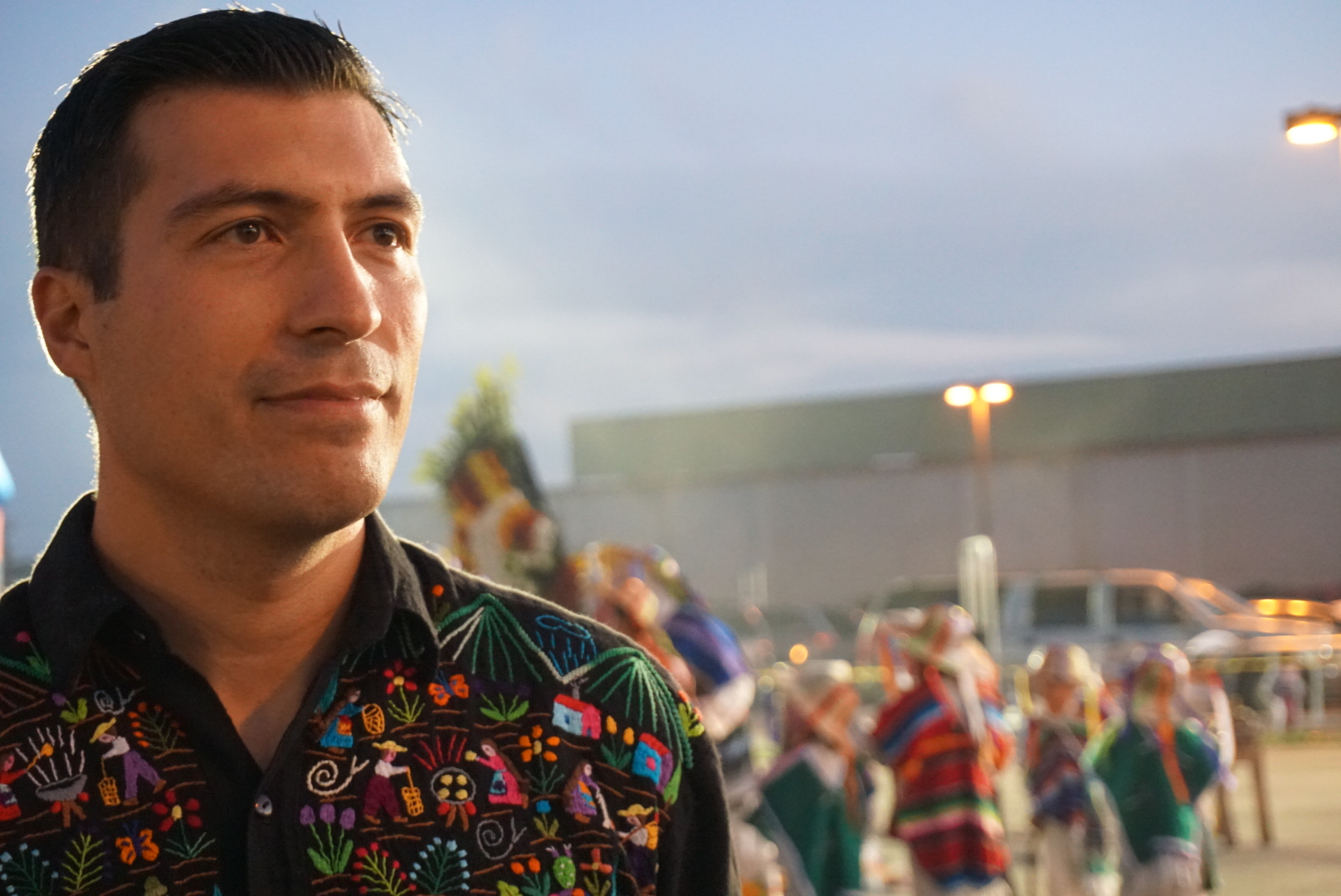Eliminating Deficit Paradigms in Education: Ernesto Colín, Ph.D.

As an Associate Professor within the department of Urban Education at Loyola Marymount University's School of Education and a dissertation chair for the Doctoral Program in Educational Leadership for Social Justice, Dr. Ernesto Colín prepares the next generation of educational leaders by accompanying them through the complex school settings of communities on the margins, working with them to eliminate deficit paradigms. Employing an anthropologic lens, Dr. Colín teaches courses on social justice in schools, the anthropology of education, current events in school policy/reform, and research methods, with the philosophy that he learns in tandem with his students as they share their expertise in illuminating the current issues found in education. A former public high school teacher, Dr. Colín walks with his students in their first year of teaching and prepares doctoral candidates for leadership positions by instilling in them his knowledge on a spectrum of policy issues.
"I am constantly learning from my students," Dr. Colín said. "Through the tremendous contributions of our alumni, I aspire to be a positive impact on the educational trajectories of thousands of young scholars in local schools."
A double LMU alumnus himself, Dr. Colín returned to LMU as a faculty member after earning his Ph.D. in the Anthropology of Education from Stanford University due to the tremendous platform LMU's School of Education offers its students for professional and academic growth. In particular, Dr. Colín was drawn to chair students within the Doctoral Program because of the way the program's diverse and intimate cohort model fosters a deep mentoring relationship between each student and his/her faculty, dissertation chair, and peers. Furthermore, the dedication Dr. Colín observes the doctoral candidates apply toward championing issues of social justice in education as well as intellectual pursuits demonstrates to him the intentionality of their leadership and the impact they have on schools and communities, locally and nationwide.
"LMU's Ed.D. Program is not like other programs who host large waves of students. Our doctoral students develop close mentoring relationships with faculty, and substantive relationships with peers who bring tremendous expertise to each cohort. Our alumni continue on in high-impact leadership positions in various educational contexts—public, charter, Catholic, private, non-profit—from the classroom to the superintendent's office."
When he is not teaching or chairing doctoral students, Dr. Colín focuses his research on community-based learning, indigenous education, and culturally sustaining and revitalizing pedagogy. He has written about alternative and international educational paradigms, learning in indigenous dance and ceremonial organizations, and teacher transformation through micro-documentary filmmaking. Currently, his research involves schools integrating indigenous language and culture into their curriculum to resist historical and systemic erasure and struggle for healing, survival, and educational opportunity. This project takes him to schools in South Dakota, New Mexico, Hawai'i, California, Mexico, Guatemala, and New Zealand to learn about their models and context. Learn more about Dr. Colín's research and publications.
"My research strengthens my teaching as it reveals the deep challenges, remarkable accomplishments, and social justice issues found in communities," Dr. Colín shared. "I can better prepare my students as a result of my findings. Furthermore, I can better support students as they design and execute their own research projects. I enjoy supporting student research as much or more as carrying out my own."
When asked what advice he has for future lions, Dr. Colín says it is important that candidates develop a clear vision of their academic and professional passions so faculty and chairs can best support their journeys.
Attend an Information Session to learn more about the Ed.D. Program or apply online now.